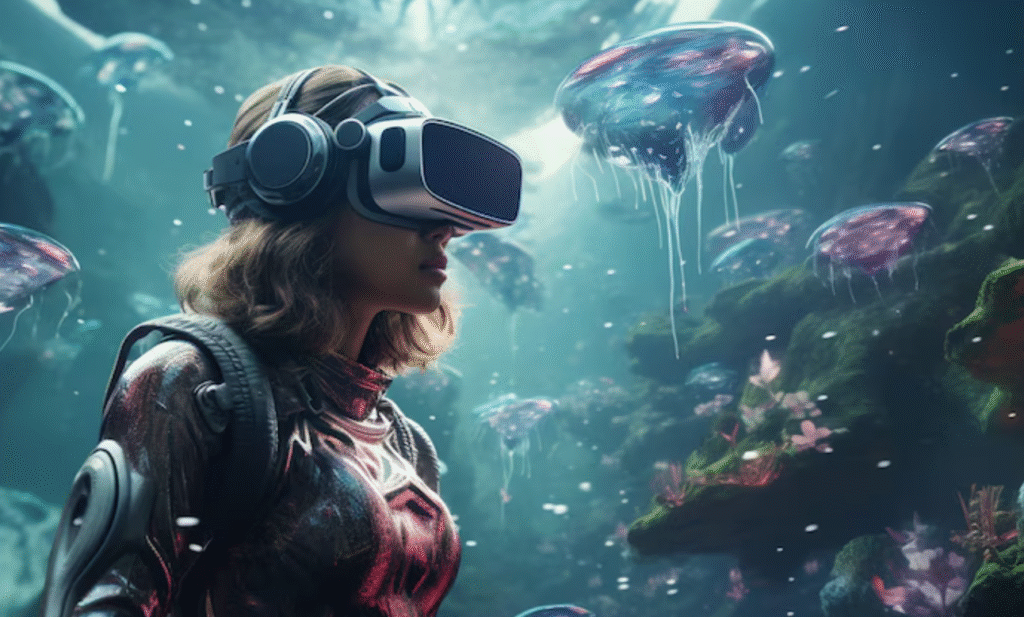The world of gaming has come a long way since its inception. From simple pixelated graphics to immersive virtual reality experiences, the industry has continuously evolved and pushed the boundaries of technology. As we look towards the future, it is clear that artificial intelligence (AI) will play a crucial role in shaping the gaming landscape in 2025 and beyond.
AI has already made significant contributions to the gaming industry, with its ability to enhance gameplay, create more realistic environments, and improve overall user experience. However, the potential of AI in gaming goes far beyond what we have seen so far. With advancements in technology and the increasing demand for more immersive gaming experiences, AI is set to revolutionize the way we play and interact with games.
One of the most significant impacts of AI in gaming is its ability to create more intelligent and realistic non-player characters (NPCs). In traditional games, NPCs are often limited to pre-programmed responses and actions, making them feel robotic and predictable. However, with AI, NPCs can now learn and adapt to the player’s actions, making them more lifelike and challenging to interact with. This not only adds a new level of excitement to the game but also creates a more immersive and believable world for players to explore.
Moreover, AI can also be used to generate dynamic and ever-changing game environments. In traditional games, the environment is often static and unchanging, which can become repetitive and dull over time. With AI, game developers can create environments that evolve and respond to the player’s actions, making each playthrough unique and unpredictable. This not only adds to the replay value of a game but also creates a more immersive and realistic experience for the player.
Another area where AI is set to make a significant impact is in game design and development. With the help of AI, game developers can now create vast and complex worlds in a fraction of the time it would take using traditional methods. AI algorithms can generate terrain, populate environments with objects and characters, and even create quests and storylines. This not only speeds up the game development process but also allows for more creativity and innovation in game design.
Furthermore, AI can also be used to improve the overall user experience in gaming. With the help of machine learning, AI can analyze a player’s behavior and preferences to create a personalized gaming experience. This means that each player will have a unique and tailored experience, making the game more engaging and enjoyable. AI can also assist in creating more challenging and balanced gameplay, ensuring that players are constantly challenged and engaged.
Virtual reality (VR) is another area where AI is set to make a significant impact in the future of gaming. VR has already made waves in the gaming industry, providing players with a more immersive and realistic experience. However, with the help of AI, VR can become even more lifelike. AI algorithms can analyze a player’s movements and actions in real-time, allowing for more accurate and responsive gameplay. This will make VR gaming feel more natural and intuitive, blurring the lines between the virtual and real world.
In conclusion, the role of AI in shaping the future of gaming is undeniable. From creating more intelligent NPCs to generating dynamic game environments, AI has the potential to revolutionize the gaming industry. With advancements in technology and the increasing demand for more immersive experiences, it is safe to say that AI will continue to play a crucial role in the gaming landscape in 2025 and beyond. As we look towards the future, one thing is certain – the possibilities of AI in gaming are endless.




